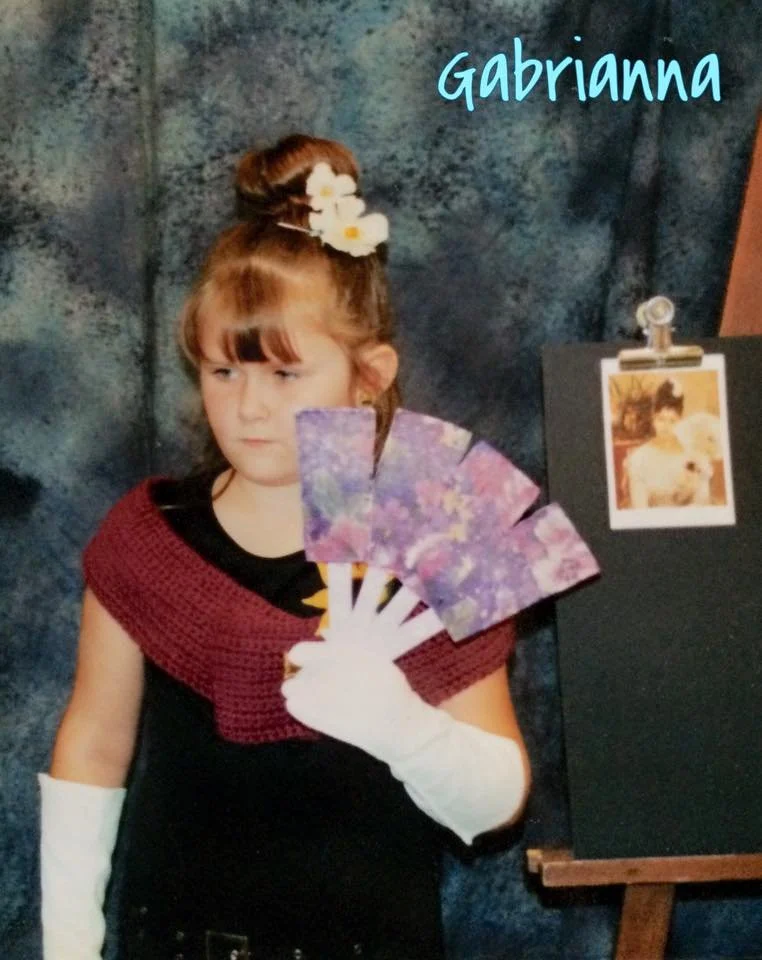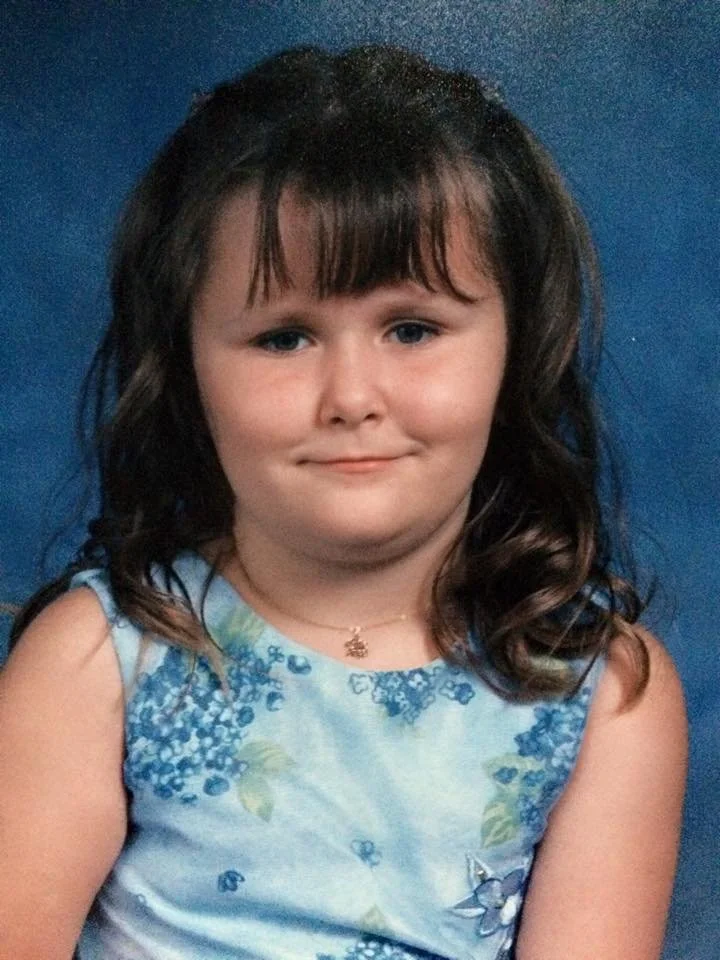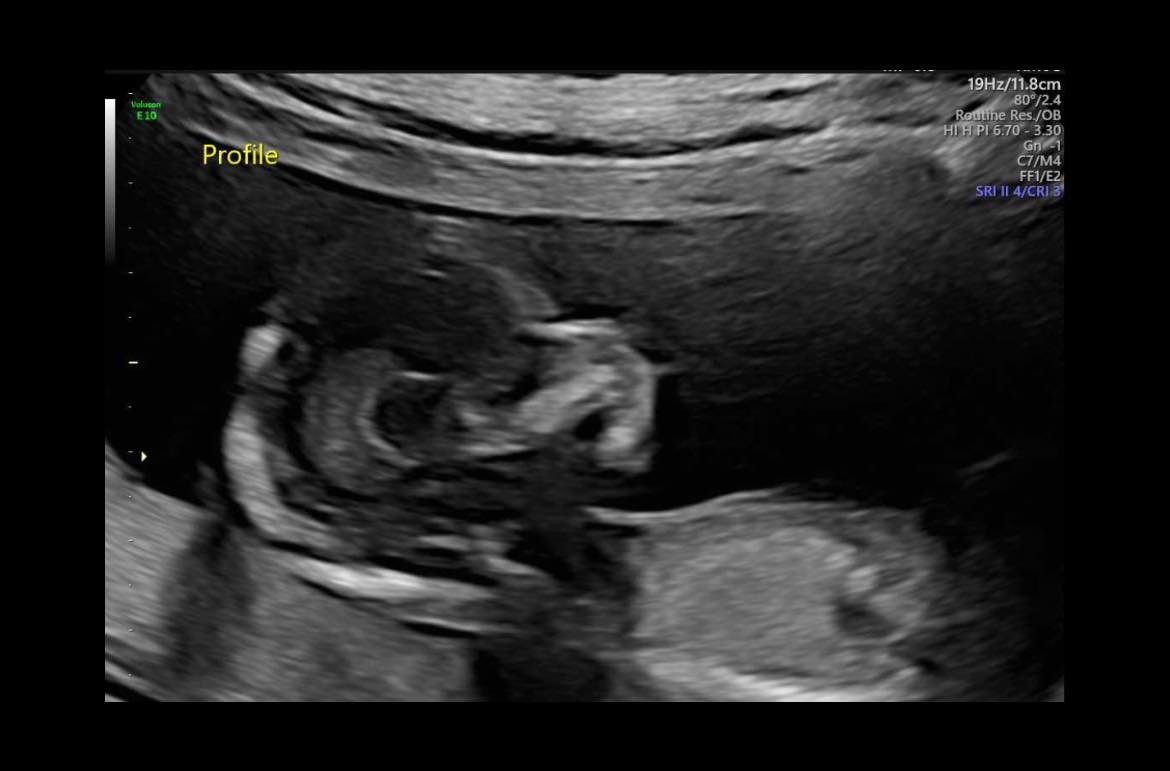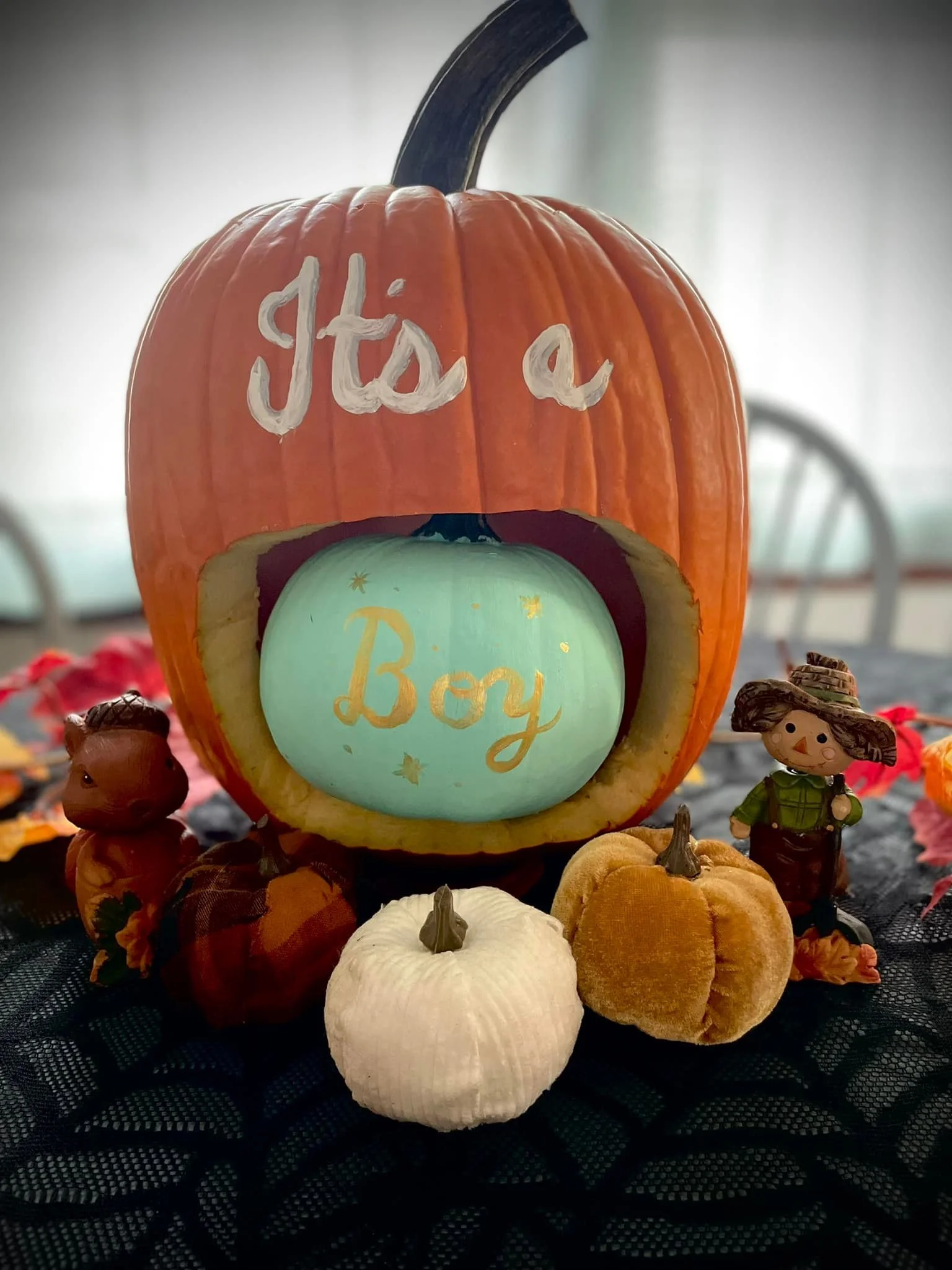It all began in a classroom.
When I started in activism, one question that I kept hearing was, “When did you know you had to do something? Where did it start for you?”
I remember the moment it happened for me. I was sitting in my second-grade classroom and the lights were off. We were watching a movie about Ruby Bridges. I sat at my desk and watched as adults, adults that looked just like the adults that I was told to listen to and to trust, screamed insults and threw bricks at a girl smaller than I was. Someone who reminded me of my sister. Someone who was just trying to enter a school building that was made of bricks and looked like the one I was sitting in. I felt tears well up in my eyes and little me started to cry for little Ruby. In that moment, I felt a fire ignite in me that I would continue to feel my whole life and I feel to this day. I made a promise to myself that if I ever saw someone being treated like that, I would do something to help.
I took that promise very seriously as I grew up. At 27, I told that story for the first time at a protest I was asked to speak at. Afterward, a familiar face approached me. My second grade teacher was in the crowd. She shared with me that under current Indiana law, she could have been fired for teaching the civil rights unit that she put together for her second grade class.
As I entered adulthood, I wanted to do work that made a positive difference. I worked with teenagers with mental health barriers in residential treatment. I worked with children with autism, helping them and their families find their voices and learning how to advocate for them in spaces where they were not represented.
“When the systems fail to protect us, we must work to change them. I’m ready to take the fight to Indianapolis.”
I eventually got a job in a wood shop. The pay was higher than what I had made previously and I found myself in a position to start a family. While working there, I received nothing but enthusiastic, positive feedback on my performance. Then I made a life changing discovery. I was pregnant. After disclosing my pregnancy to my employer, two weeks later I was terminated. The only reason they gave for my termination was that they felt that I was “taking advantage of (my) pregnancy restrictions.” The pain and fear I felt as a result of this injustice was life-changing. I feared for my son’s life and health, knowing that the stress I was experiencing could negatively effect him. I feared that once he came, we wouldn’t have the money to provide for his needs. What should have been one of the most joyful periods of our life was scarred with fear and trauma.
In the aftermath of this termination, what I found was that every safety net that was supposed to catch us fell short. The investigators at the EEOC informed me that even though my termination was almost certainly a case of discrimination, they couldn’t prove it. They emphasized that Indiana is a “right-to-work” state so there was nothing they could do. The Medicaid office regretted to inform me that my husband's income was less than 100 dollars over the threshold to offer me coverage, so my high risk pregnancy and specialist visits were all uninsured, leaving me with a crushing amount of medical debt.
There I was, a person who had worked my whole life, built up my credit score, bought a home, gotten married, only ever bought cars with cash, done everything “right.” When I, by no fault of my own, found myself in need of help, our systems failed me.
I was lucky. My situation afforded me privileges that helped me get through it. Once I got through to the other side, I resolved that I would do everything in my power to make sure that the people that come after me don’t have to go through what I went through.




